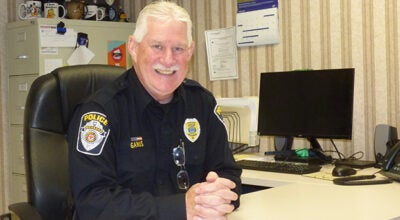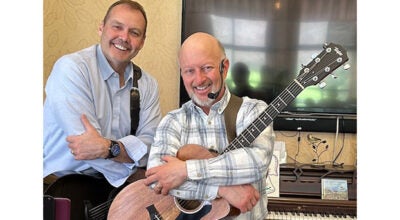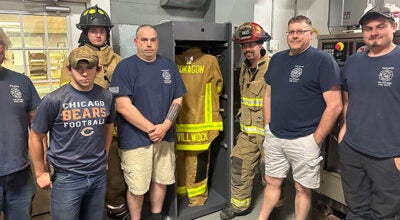Ways to help conserve electric during peak energy periods
Published 6:17 pm Sunday, June 12, 2011
CASSOPOLIS — In the heat of summer, it’s not uncommon for electric utilities to experience high peaks of energy use.
During these peaks, Midwest Energy Cooperative asks that you do what you can to help conserve energy.
You’ll not only help your utility through the brief period of peak energy use, you’ll also save on your own electric bill.
Here are simple ways you can conserve energy this summer:
• Set your thermostat at the highest comfortable temperature — 76 degrees or higher — and keep it there. Each degree a thermostat is raised can save up to four percent of the cost of operating an air conditioner and help power companies keep the electricity flowing. If you have window air conditioning units, keep them on the highest temperature setting.
• Postpone the use of major appliances, such as clothes dryers and dishwashers, until late in the evening or early in the morning.
• Turn off all unnecessary lights. Also check for any computers, television sets, stereo equipment and other appliances that may be on but aren’t in use. Not only do they use extra electricity, they add heat to the house and that makes your air conditioner work harder.
• Close drapes and blinds on the sunny side of the house. The sun streaming in through a window can add considerable heat to a room and make it harder to cool.
• Reduce the amount of space that must be cooled in your home by closing off rooms that aren’t being used. If you have a den, a utility room or bedrooms that aren’t being used, close the air conditioning vents in those rooms and shut the door. With window units, simply shut the doors to unused rooms or shut off any window air conditioners that are located in these rooms.
• Keep the door to your refrigerator and freezer closed as much as possible. A refrigerator with the door standing open uses a lot more energy than the one with the door closed.
• Make sure the filter on your air conditioner is clean. Good air flow is a key to keeping cool, so make sure your system isn’t working harder than it has to. In addition, make sure vents are clear of furniture or other objects that might block air flow.
• Use your microwave instead of a conventional oven. A microwave uses up to 70 percent less energy and also releases far less heat into the kitchen.
• If your water heater runs on electricity, limit your use of hot water so the unit doesn’t run as often.
• Use fans to keep air moving. Ceiling fans use about as much energy as a light bulb.






